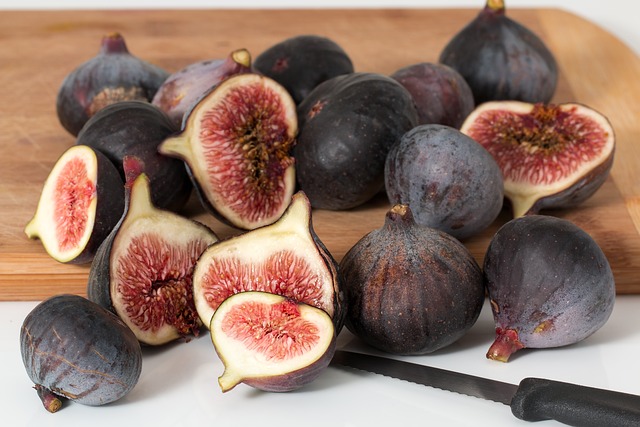The Role of Prebiotics and Probiotics in Shaping a Healthy Microbiome for Optimal Health
Our gut health has a significant impact on our overall health and wellbeing. The trillions of bacteria living in our gut, known as the gut microbiome, play an essential role in regulating our immune system, digestion, and nutrient absorption. However, factors such as diet, stress, medication, and lifestyle choices can disrupt the delicate balance of our gut microbiome, leading to various health issues.
One effective way to improve gut health and maintain a healthy microbiome is by consuming prebiotics and probiotics. Let’s delve into the role of prebiotics and probiotics in shaping a robust microbiome for optimal health.
What are Prebiotics?
Prebiotics are types of dietary fibers that our bodies cannot digest. Instead, they serve as food for the friendly bacteria in our gut. The consumption of prebiotics can stimulate the growth of beneficial bacteria in the gut, leading to a diverse and healthy microbiome. Common sources of prebiotics include:
- Chicory root
- Jerusalem artichoke
- Bananas
- Whole grains
- Garlic
- Onions
- Asparagus
- Apples
Studies have shown that prebiotics can have various health benefits, including improved digestion, enhanced immune function, and reduced risk of chronic diseases such as obesity and type 2 diabetes.
What are Probiotics?
Probiotics are live bacteria and yeasts that are beneficial to our health. They can be found in fermented foods and supplements. Common sources of probiotics include:
- Yogurt
- Kefir
- Sauerkraut
- Miso
- Tempeh
- Kombucha
Probiotics can help balance the gut microbiome by adding beneficial bacteria to our gut. They have been shown to improve digestive health, reduce inflammation, boost immune function, and promote mental health.
Combining Prebiotics and Probiotics
While prebiotics and probiotics can be beneficial on their own, combining them can have even more significant benefits. Prebiotics can help feed and support the growth of probiotics in the gut, leading to a more diverse and healthy microbiome. Studies have shown that consuming both prebiotics and probiotics can lead to improved digestion, enhanced immune function, and reduced inflammation.
Final Thoughts
In conclusion, maintaining a healthy microbiome is crucial for optimal health and wellbeing. Consuming prebiotics and probiotics can help support a healthy gut microbiome, leading to improved digestion, enhanced immune function, and reduced risk of chronic diseases. Incorporating prebiotic and probiotic-rich foods into your diet, such as fruits, vegetables, fermented foods, and supplements, can help you achieve a robust and diverse microbiome for optimal health.







